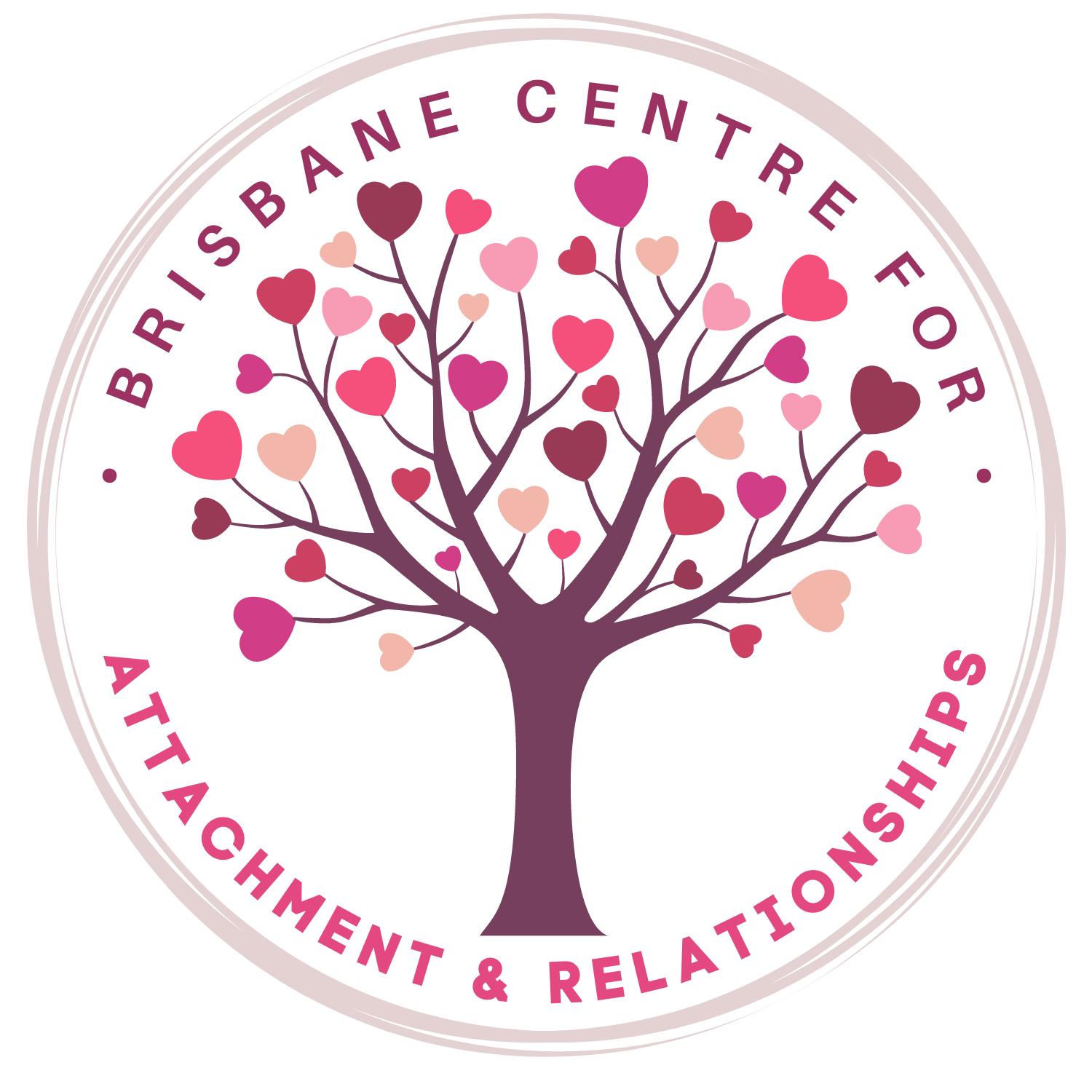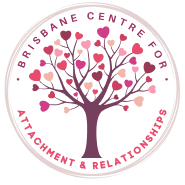Attachment-basis to Family Therapy
According to John Bowlby, one of the originators of attachment theory, the core of an individual’s existence is nourished by close connections with fellow humans. This, he argues, is a truth that holds true not only during infancy, toddlerhood, and childhood, but also extends through adolescence, maturity, and into old age. Throughout life, these intimate attachments serve as a source of strength and joy, shaping one’s experience and contributing to the well-being of others. In both contemporary scientific understanding and timeless wisdom, the significance of these bonds remains widely acknowledged (Bowbly, 1980; Johnson, 2019).
Family therapy is all about building bonds between family members and to support children in their development. There are many different approaches to family therapy. Read on for information on some of the models of family therapy used at the Brisbane Centre for Attachment & Relationships.
Emotionally Focused Family Therapy
What is EFT for families (EFFT)?
Emotionally-Focused Family Therapy (EFFT) is a systemic intervention for family dynamics based on the notion that the building blocks of a family are emotional bonds and that the confidence one has in the security of these bonds is a resource of resilience for an individual and the family as a whole. At the core of EFFT is the understanding that family behaviours, even those perceived as problematic, originate from a fundamental longing for connection or an attempt to change another family member's behaviour.
What are the goals of EFFT?
Guided by the principles of attachment theory, EFFT recognises that distress in parent-child relationships arises when children question parental caregiving availability. Based on this understanding, the therapy understands rigid interaction patterns between family members as manifestations of separation distress. EFFT practitioners embark on a journey to stabilise these negative patterns, unravelling reactive responses by delving into the profound emotions underlying caregiving and attachment ruptures. The essential goal is an increased sense of felt security within the family such that children gain more safety and trust that giving voice to their attachment needs, clarifying their relationship expectations, and finding new ways to express a more positive view of self with family members is possible.
Goals of EFFT:
– Accessing and expanding awareness of unacknowledged feelings associated with the family’s negative pattern.
– Reframing family distress and child problems within relation blocks reinforcing this distress.
– Promoting awareness and access to underlying caregiving intentions and disowned attachment related needs.
– Facilitating the sharing of unmet attachment needs and effective caregiving responses.
How does EFFT help families?
Following principles of attachment science, the EFFT therapist guides the family to new patterns of parental availability, responsiveness and coherent attachment communications as they face developmental change and life challenges. Intergenerational influences are also considered, as EFFT recognises that how parents received caregiving when they were young inevitably shapes the present parenting of their own children. The EFFT therapist also adjusts their methods based on each child's abilities and the needs of the family. Understanding a child's development helps guide the therapist in working with families where these differences are important. This flexibility enhances safety and builds a strong connection between the therapist, the child, and the whole family.
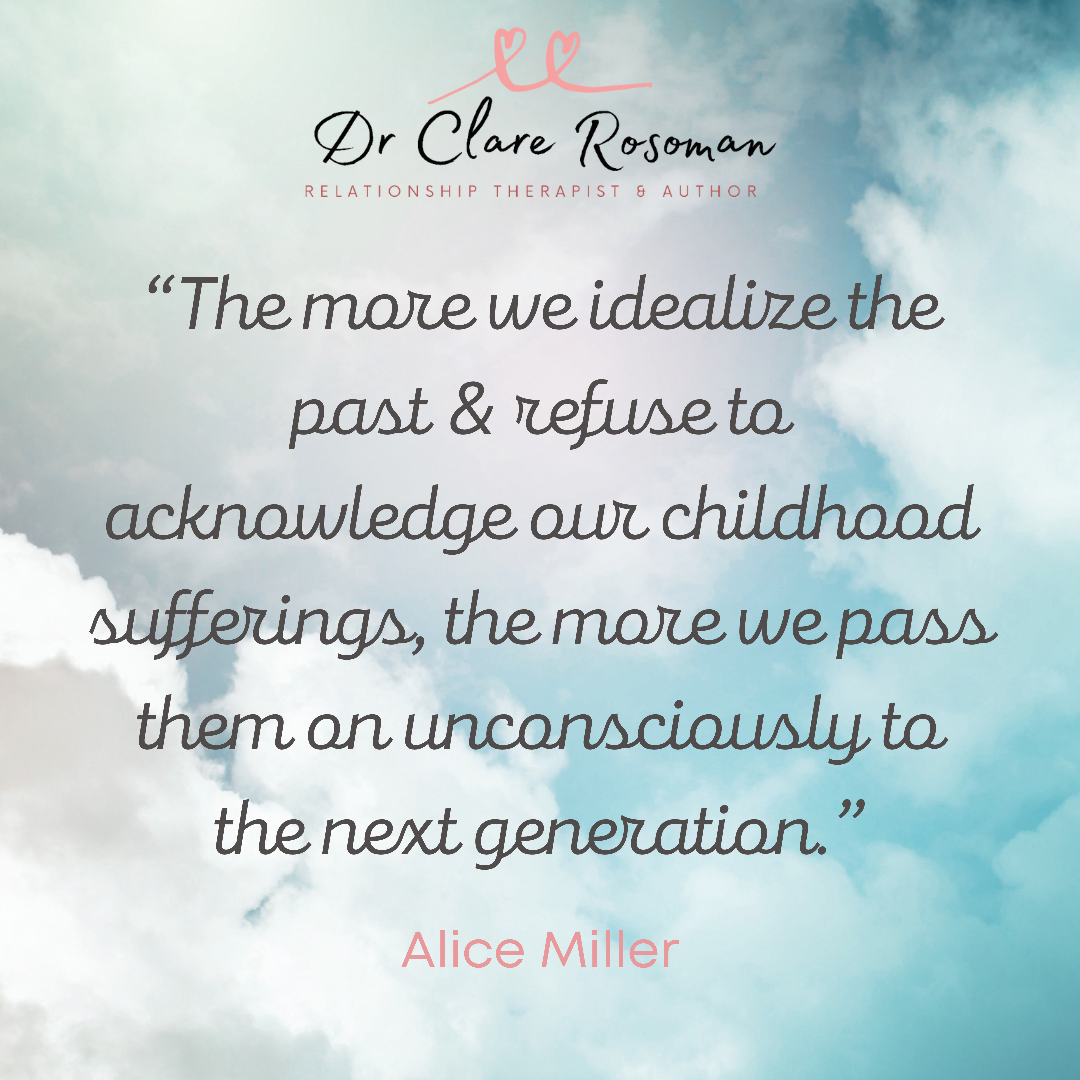
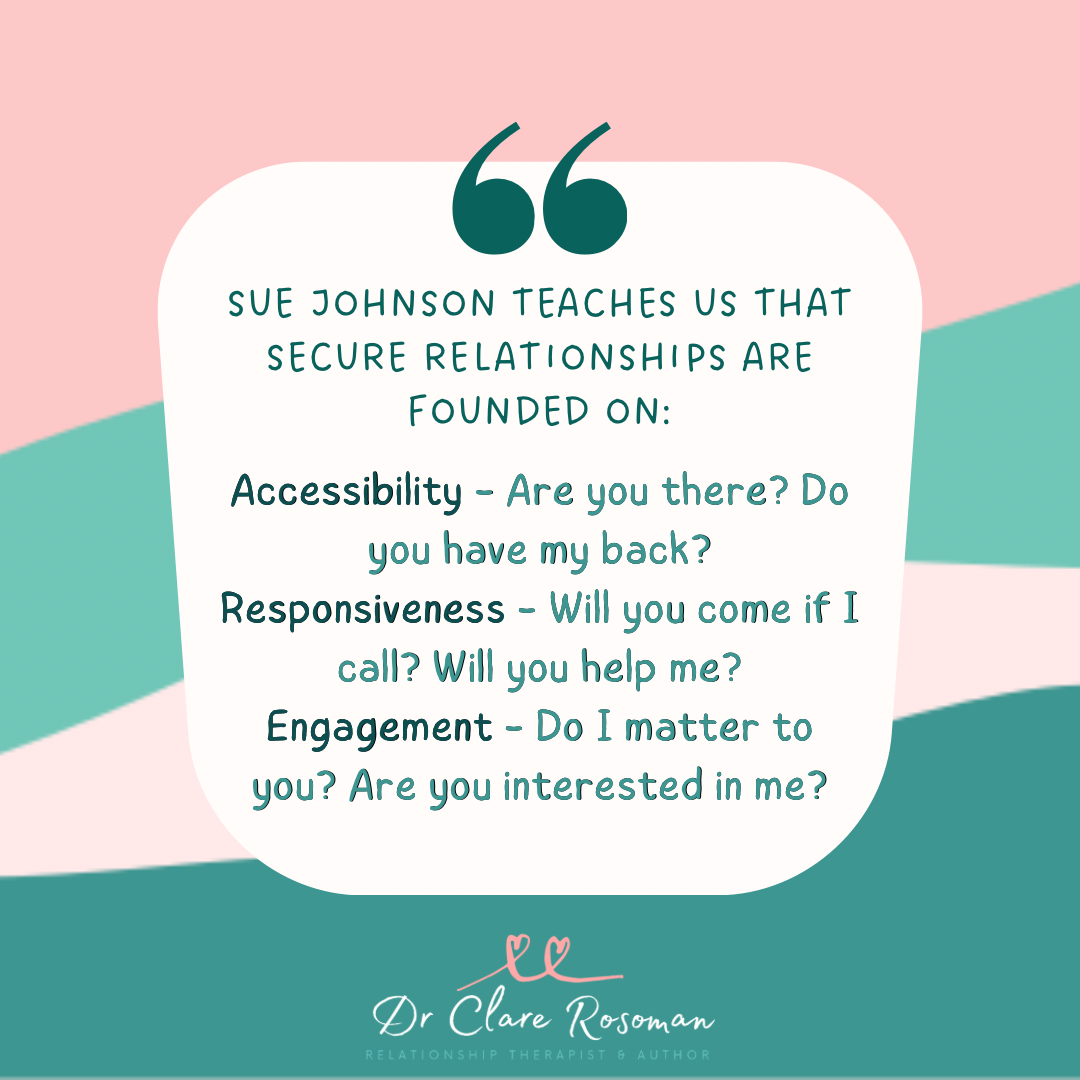
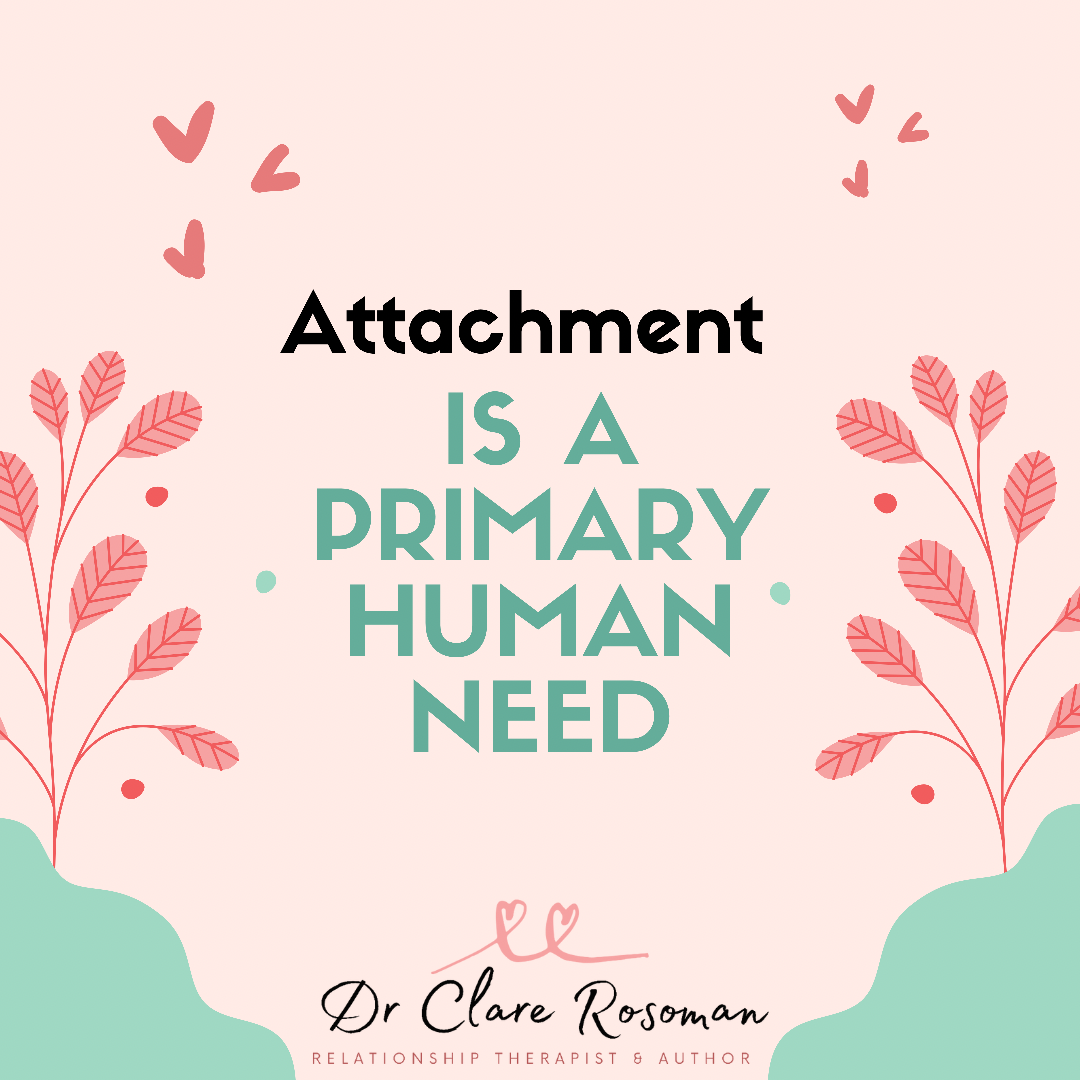

Who can Benefit from EFFT?
In contrast to reframing relational blocks as failures, EFFT validates and normalises parents’ sincere efforts to be there for their children. The EFT process of change in EFFT focuses on stabilizing a family’s negative interaction pattern, restructuring parent and child interactions, and consolidating the felt security gained through these new patterns of connection. EFFT is for families in all stages of life and configurations.
Drawing from the extensively researched ingredients of emotionally focused therapy (EFT), EFFT emerges as a comprehensive and research-backed modality, highlighting the primacy of emotion in fostering resilient relationships as the bedrock of belonging and personal growth.
How is EFFT Different to Couples Therapy?
In contrast to couples’ therapy, where the therapist works with two adults and their related systems of romantic attachment (attachment needs and caregiving needs), the EFFT therapist aligns the attachment needs of a child with the caregiving responses of a parent. All family members are encouraged to send clearer signals of need to create a secure pattern of reaching and responding. Working through a family concern is not just for parents with young children or adolescents. Adult children and their parents can greatly benefit from EFFT also.
Circle of Security
Parenting Program
Mirroring EFFT, the Circle of Security (COS) parenting program is firmly rooted in the central understanding of attachments as pivotal to our well-being. It honours every child's innate wisdom and natural desire for secure relationships. In this spirit, COS stands as a relationship-based intervention developed to strengthen the parent-child attachment bond, suitable for children up to around 12 years of age. Developed by Glen Cooper, Kent Hoffman, and Bert Powell, this program focuses on helping parents comprehend and adeptly respond to their child's emotional needs, fostering a foundation of security and support in their relationship.
How does Circle of Security work?
Represented by a circle with four quadrants, symbolising key attachment aspects of parent-child interaction, COS assists parents in deciphering their child's emotional and behavioural cues, especially those that may seem counterintuitive (e.g., acting out when seeking reassurance). This guidance transforms parents into secure bases for exploration and safe havens for comfort. Through engaging sessions, video analyses, and reflective discussions, parents gain insights into their child's emotional world and cultivate a more attuned and responsive caregiving approach.
Building Emotional Regulation
Additionally, the Circle of Security program prioritises supporting children in effectively managing their emotions, contributing to the cultivation of robust self-esteem. In essence, the Circle of Security Parenting program aspires to empower caregivers in creating a nurturing environment that not only recognises but actively nurtures the emotional growth and security of their children.
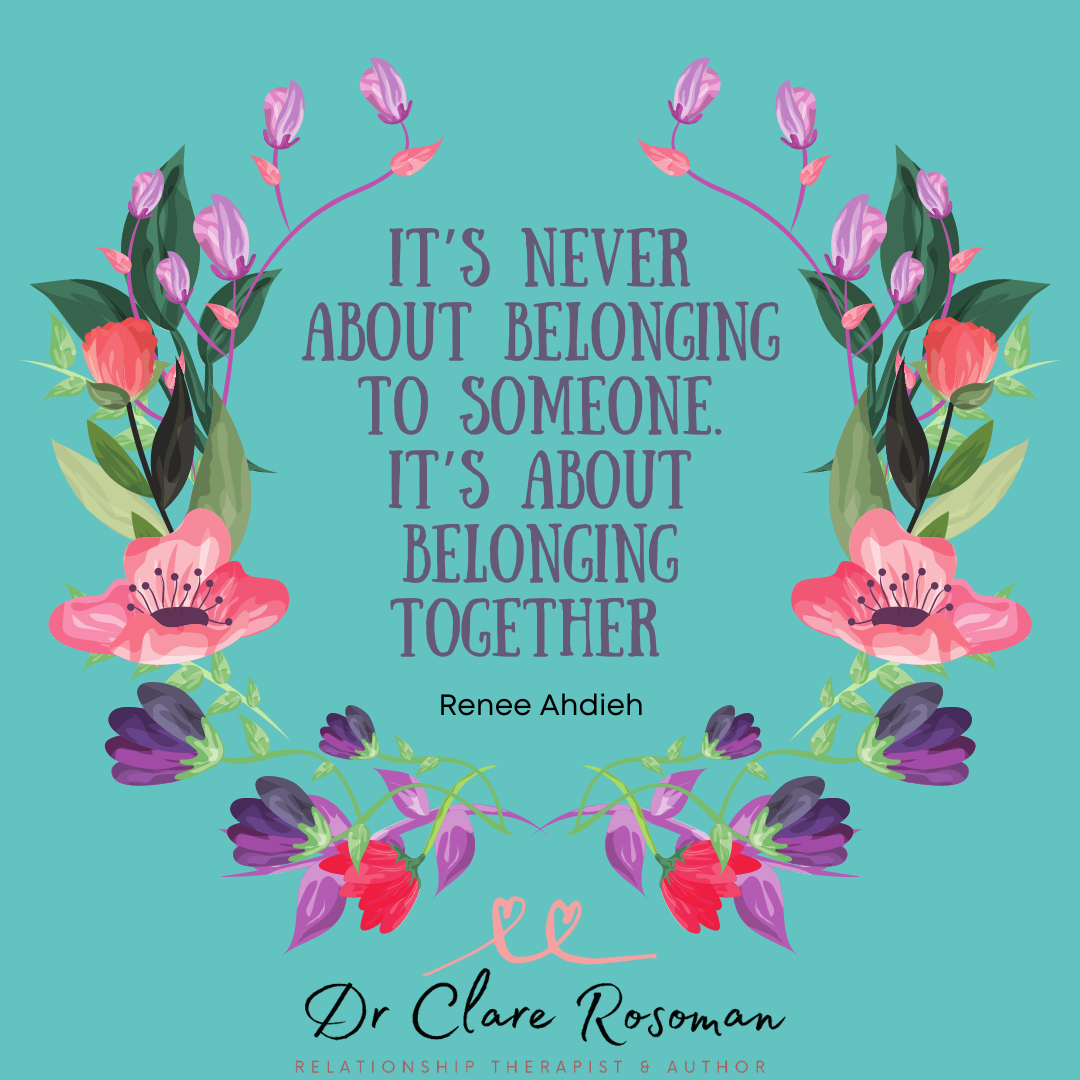
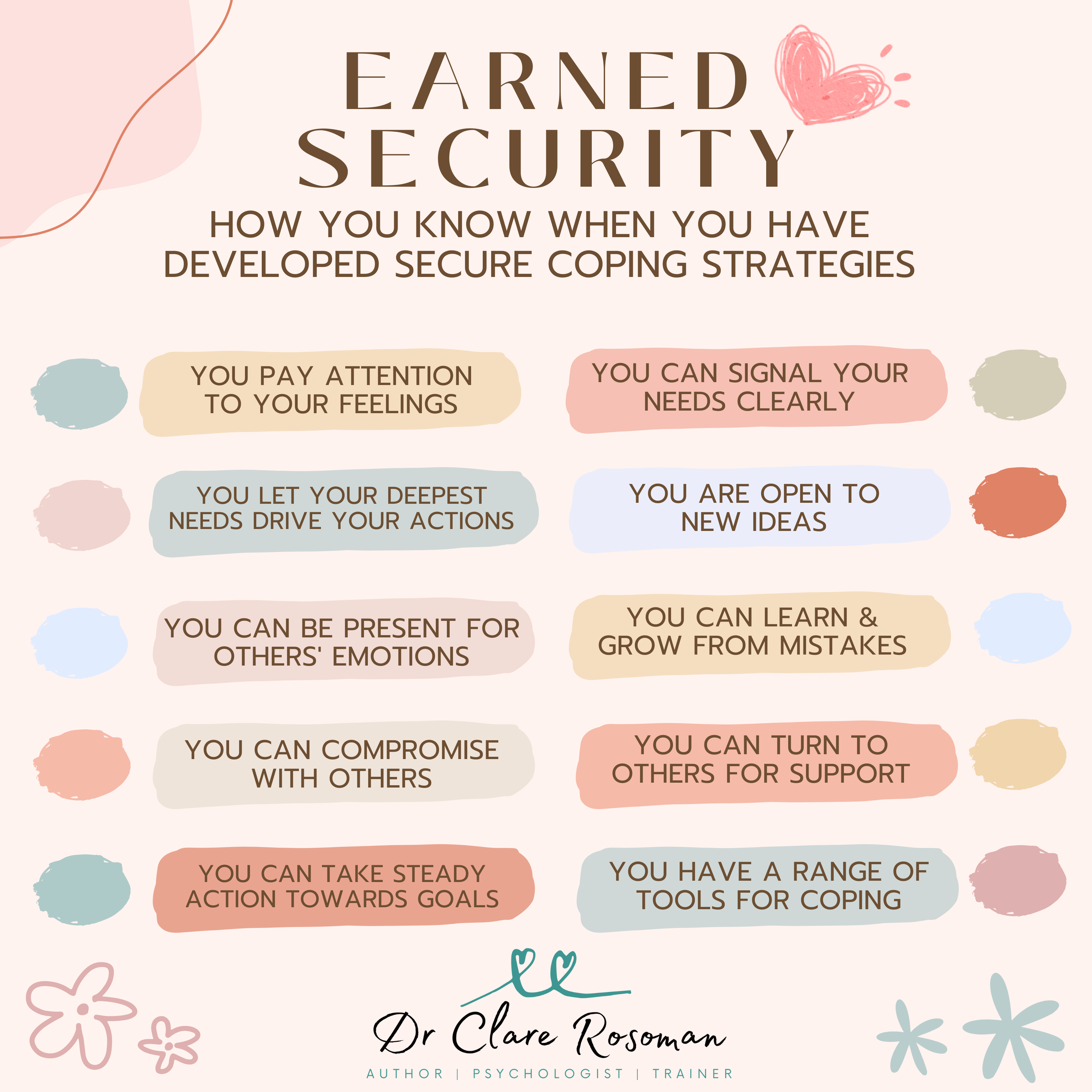
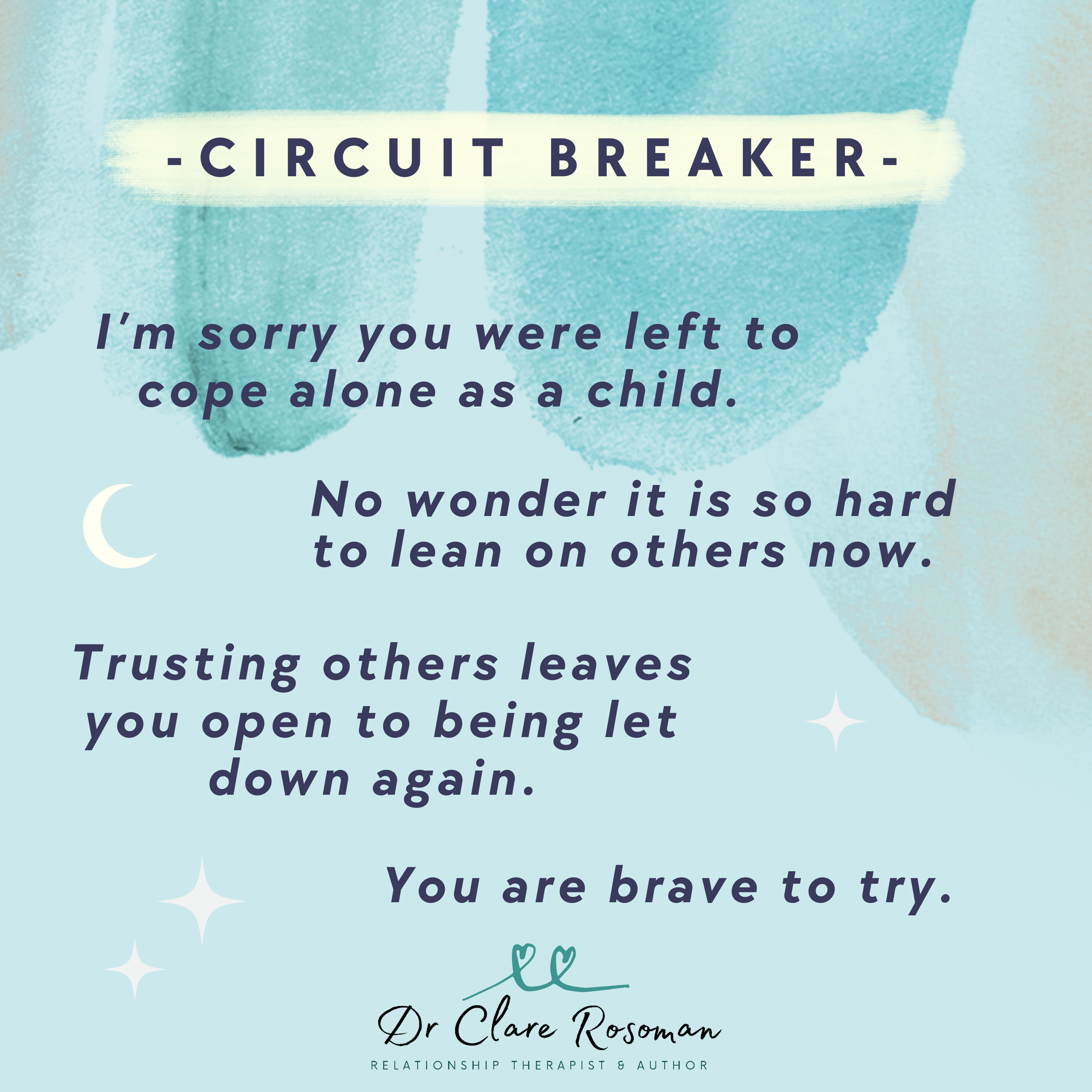
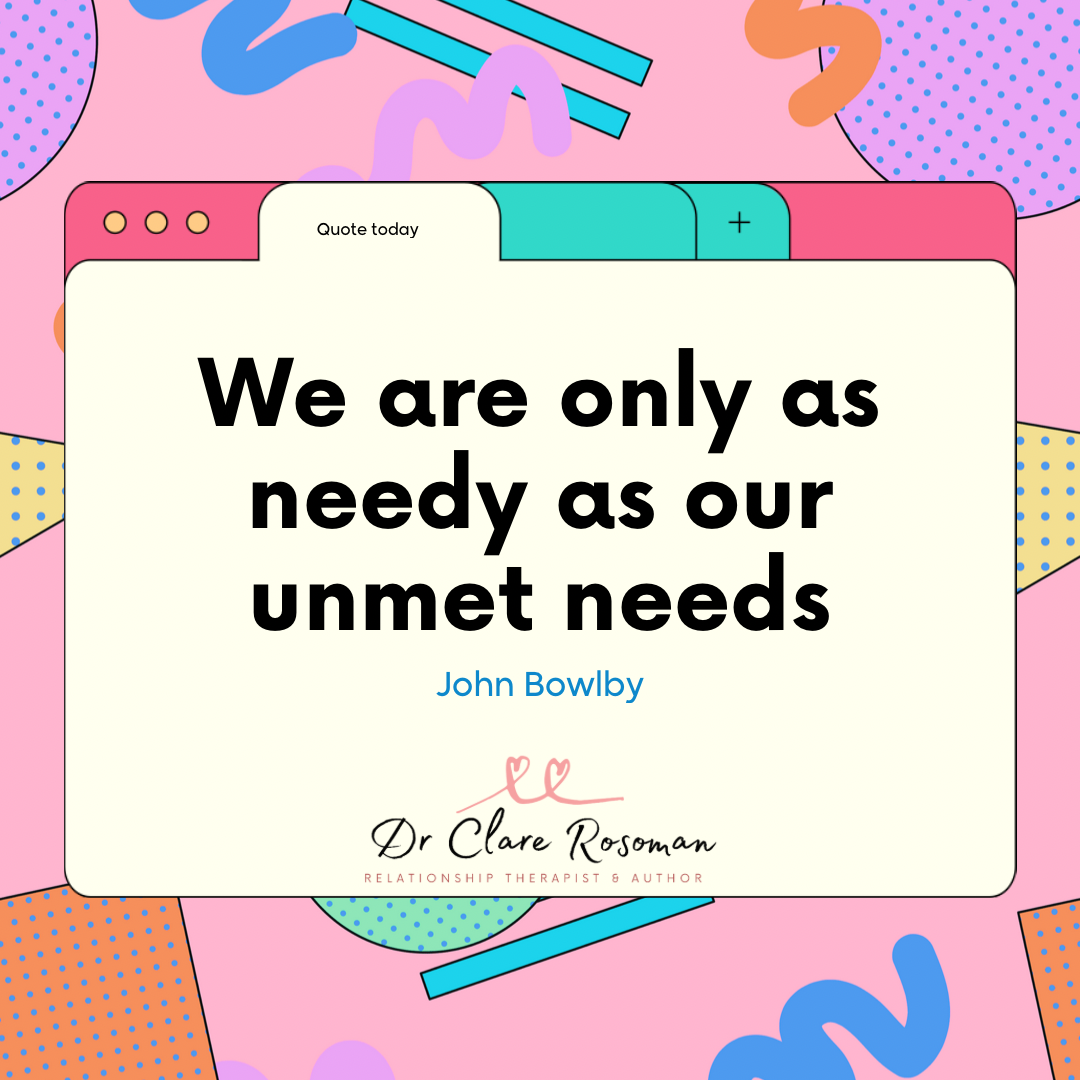
Positive Parenting Program : Triple P
What is Triple P?
Triple P, the Positive Parenting Program, is an evidence-based approach seeking to elevate parents' skills and cultivate positive child behaviour. Developed by Dr Matthew Sanders at the University of Queensland, this program introduces a tiered system of intervention, ranging from universal strategies applicable to all parents to targeted interventions addressing specific behavioural challenges.
Evidenced-Based Practical Strategies
Triple P offers a versatile framework, encompassing a diverse range of parenting topics—from setting realistic expectations to employing effective discipline techniques and nurturing children's social and emotional development. Its mission is to empower parents with practical tools, fostering a positive and nurturing environment that facilitates children's growth and well-being.
Skills-Based
In contrast to the preceding approaches' focus on attachment, Triple P emphasises behaviour, advocating for a balanced approach that harmonises nurturing with setting appropriate limits. The program provides guidance on fostering children's development, resolving behavioural issues, and adeptly addressing concerns as they arise for children up to 16 years of age. Through a blend of workshops, self-help resources, and personalised support, Triple P equips parents with knowledge and skills to navigate the multifaceted challenges of parenthood. In essence, Triple P aspires to create a family environment characterised by positivity and support, ultimately nurturing the well-being and development of children.
